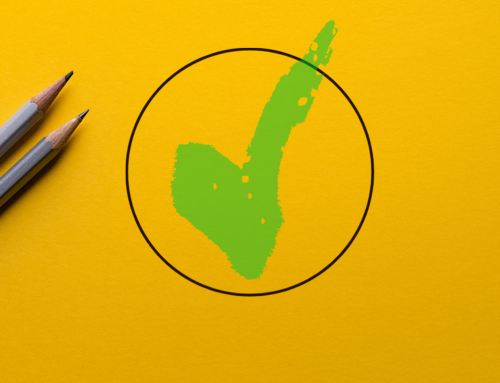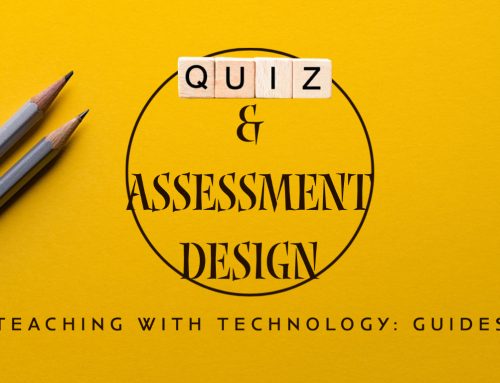Project Description
How does peer assessment benefit our students?
By Prof. Katrine Wong, Director of The Centre for Teaching and Learning Enhancement
Peer Assessment is an activity that allows students to assess each other’s performance. It provides opportunities for students to learn from each other by observing, listening, analysing and problem- solving. Students can critique and evaluate each other and, ultimately, learn to be responsible for their own learning. Through assessing each other, students can identify gaps and inadequacies of knowledge and skills and, when necessary, adjust behaviours positively.
I like to include peer assessment in my course assessment because it:
- Encourages students to reflect upon each others’ work;
- Helps students develop their critical skills as they assess their peers’ work;
- Generates more feedback for students (in addition to feedback from the course instructor/ instructors);
- Discourages social loafing.
A few caveats, though:
- Students may be inclined to give everybody the same score (for example, potential collusion in return for higher scores);
- Factors such as peer pressure and friendship may influence the reliability of scores given by students;
- Students may not be well-versed in assessing each other (depending on the nature of the task, rubrics can be helpful);
- Fairness may be an issue: for example, outgoing students may receive higher scores and quieter students, not so much.
Involving students in creating the criteria in a peer assessment activity can help increase student buy-in and, by extension, empower students in the process of learning. It is important for students to know early enough during the semester when and how peer evaluation is going to be conducted. Students would appreciate information about the weight and the assessment criteria of their peer assessment tasks (and also the frequency thereof, if applicable).
Learn more about how to add a Peer Assessment activity in UMMoodle
Learn more about different forms of peer assessment.




